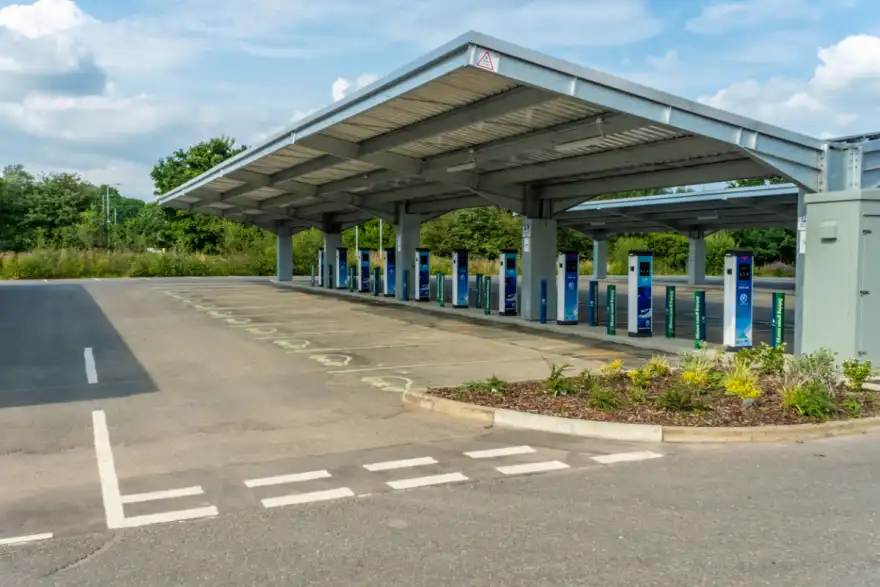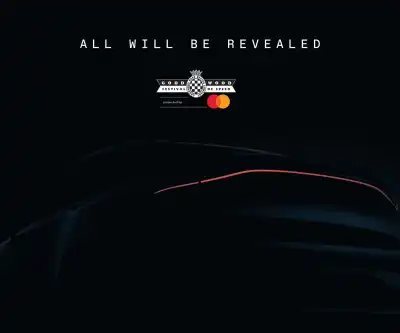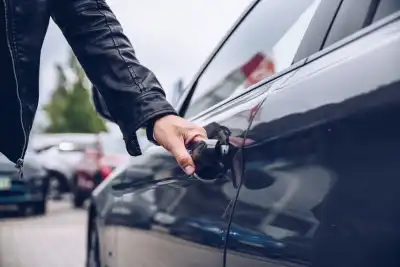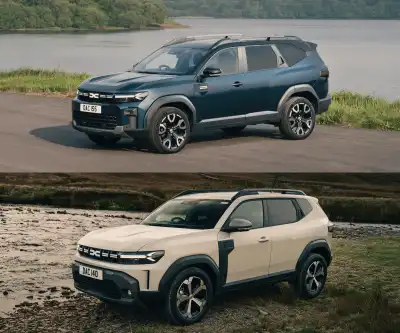
Labour ministers have scrapped the previous government’s plan to put £950 million into installing rapid electric car chargers near motorways. Instead, they’re setting aside a smaller amount, mostly to fund on-street chargers in local areas.
The original Rapid Charging Fund (RCF) was announced back in 2020 by then-Chancellor Rishi Sunak. The idea was to upgrade the electricity grid so more electric cars could charge quickly at motorway service stations. But the plan got stuck in delays, partly because some people worried it would unfairly benefit certain motorway service companies.
The Department for Transport said the fund was never officially included in the budget, so technically it wasn’t fully funded. Earlier this year, reports showed ministers were thinking about shifting the money away from motorway services after some industry criticism.
In the latest spending review, Chancellor Rachel Reeves promised £400 million over five years to help expand charging points, building on an earlier £200 million announced last autumn. Most of this money will go towards installing on-street chargers in poorer neighbourhoods, where private investment hasn’t kept up.
Some people in the EV charging world think the government should have stuck to the full £950 million promise, even if the cash was redirected to other ways of encouraging people to switch to electric cars.
John Lewis, CEO of char.gy (which runs on-street chargers), welcomed the £400 million pledge but said: “The key question now is: couldn’t the full amount have been directed towards the EV effort – whether through the continued rollout of on-street charging or other consumer incentives – to give people greater confidence to make the switch to electric?”
The number of electric car chargers in the UK has been growing fast — passing 80,000 in May, which is a 29% increase from last year. Rapid chargers (those that charge quickly) went up by about a third in the same time.
Adding more public chargers is crucial to get more people into electric cars. But the focus has shifted from rapid motorway chargers, which help with long trips, to slower on-street chargers for people who don’t have a driveway or private parking.
Ian Johnston, CEO of Osprey Charging, said “New funding should be more effectively deployed on projects in prime locations where the grid connection costs render the site unviable – whether A roads, underserved regions or the small number of motorway locations with unviable grid – rather than gifted to all motorway sites regardless of the costs, as was envisaged under the RCF.”
Quentin Willson, founder of the FairCharge campaign for cheaper charging and former Top Gear presenter, says the government should have spent the full £950 million to speed up the EV switch. He also thinks VAT on public charging should be cut to the same low rates people pay on home electricity.
A Department for Transport spokesperson said, “The rapid charging fund was designed to support the rollout of charging infrastructure on motorways and major A roads – but the previous government did not set out detailed plans to deliver this.
“Since the fund was announced in 2020, the market has changed significantly, with the number of open-access rapid and ultra-rapid charge points within one mile of the strategic road network almost quadrupling in the last three years alone.”




